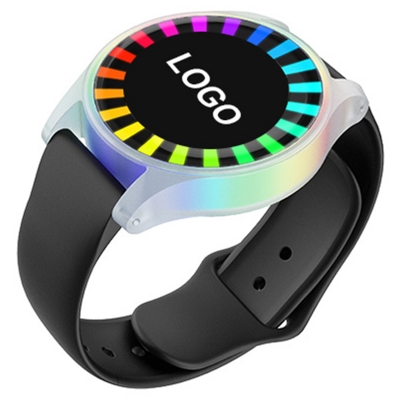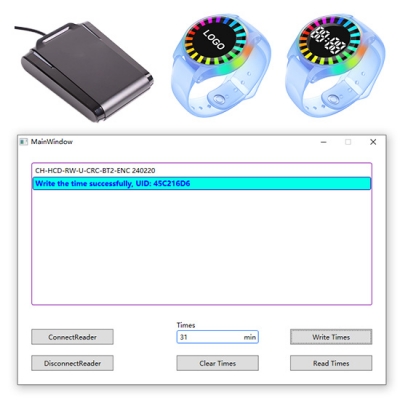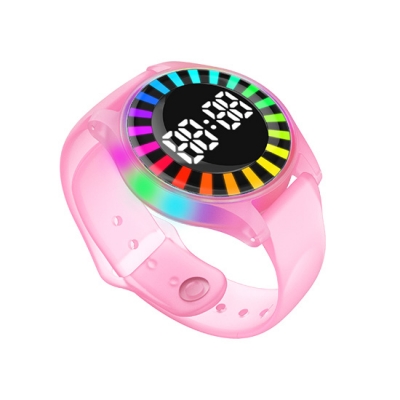RFID's automatic identification and data capture capabilities enable retailers to track merchandise, improve inventory accuracy, and enhance the customer experience. Driven by technological advancements and cost reductions, the adoption of RFID technology has grown rapidly, becoming an integral part of the industry's pursuit of operational excellence and digital transformation.
The Impact of RFID on Retail Operations
Inventory Accuracy
Accurate inventory is the cornerstone of retail profitability. According to research by the Auburn University RFID Lab, RFID solutions can increase inventory accuracy from the industry average of 63%-75% with traditional barcode systems to over 95%.
Loss Prevention and Reduction
Global retailers lose over $100 billion annually to inventory shrinkage. RFID provides item-level tracking, enabling automated audits and real-time alerts. Many retailers are installing RFID gates at exits and in stockrooms to detect unauthorized merchandise movement.
Process Automation
RFID automates routine tasks. Employees can use handheld readers to quickly scan shelves and warehouses, locate misplaced items, and complete cycle counts in minutes. Self-checkout kiosks equipped with RFID readers enable instant, multi-item transactions.
Enhanced Supply Chain Visibility
Retailers need comprehensive visibility from manufacturing to shelf. RFID tags provide unique item IDs, enabling tracking across touchpoints: factory, warehouse, delivery vehicle, store, and customer. This technology automates receiving, cross-docking, and order fulfillment processes.
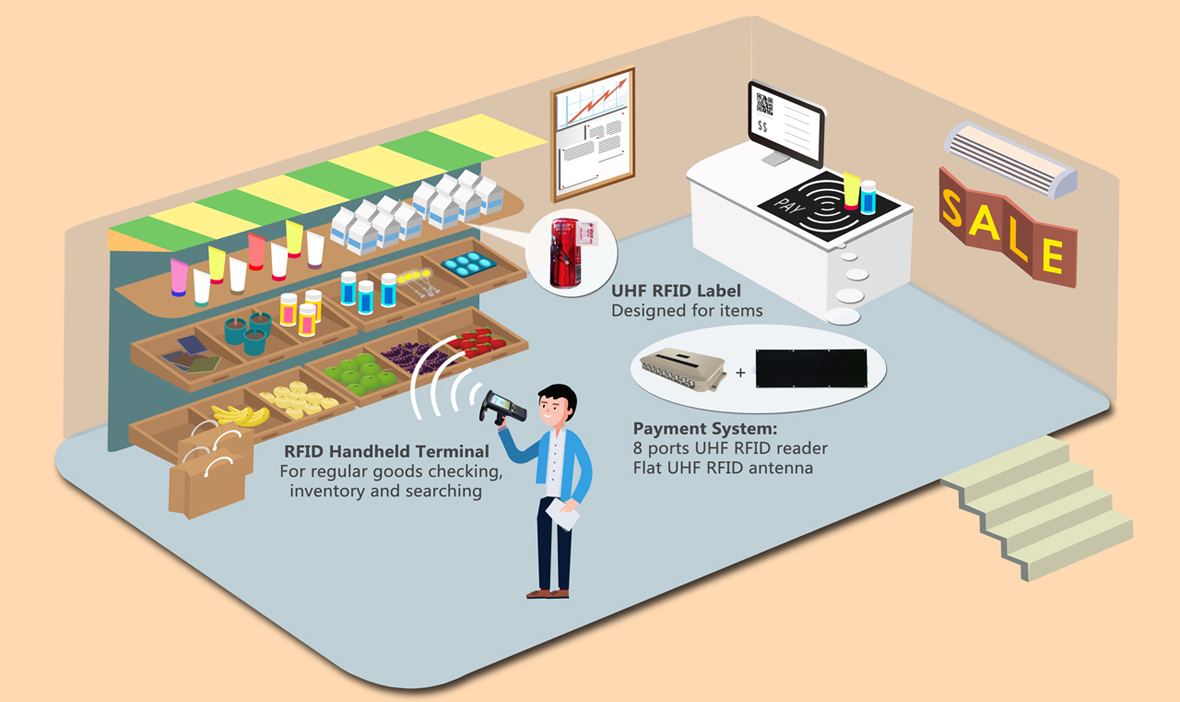
Improved Customer Experience
Accurate Product Inventory
RFID minimizes out-of-stocks, a leading cause of customer dissatisfaction. Real-time visibility ensures products are available where consumers expect them.
Faster Checkout and Reduced Lines
RFID enables "batch processing," reading all items in a shopping cart simultaneously, eliminating bottlenecks caused by multiple barcode scans. This reduces checkout times and increases customer satisfaction.
Omnichannel Empowerment
A high-quality omnichannel experience requires detailed inventory information. RFID ensures that order management systems reflect accurate and up-to-date inventory, mitigating the risks associated with promises like "buy online, pick up in store" and "same-day delivery."
Interactive In-Store Experience
RFID enables digital interaction. Smart fitting rooms detect tagged fitting rooms and display size, color, and styling suggestions on a touchscreen.
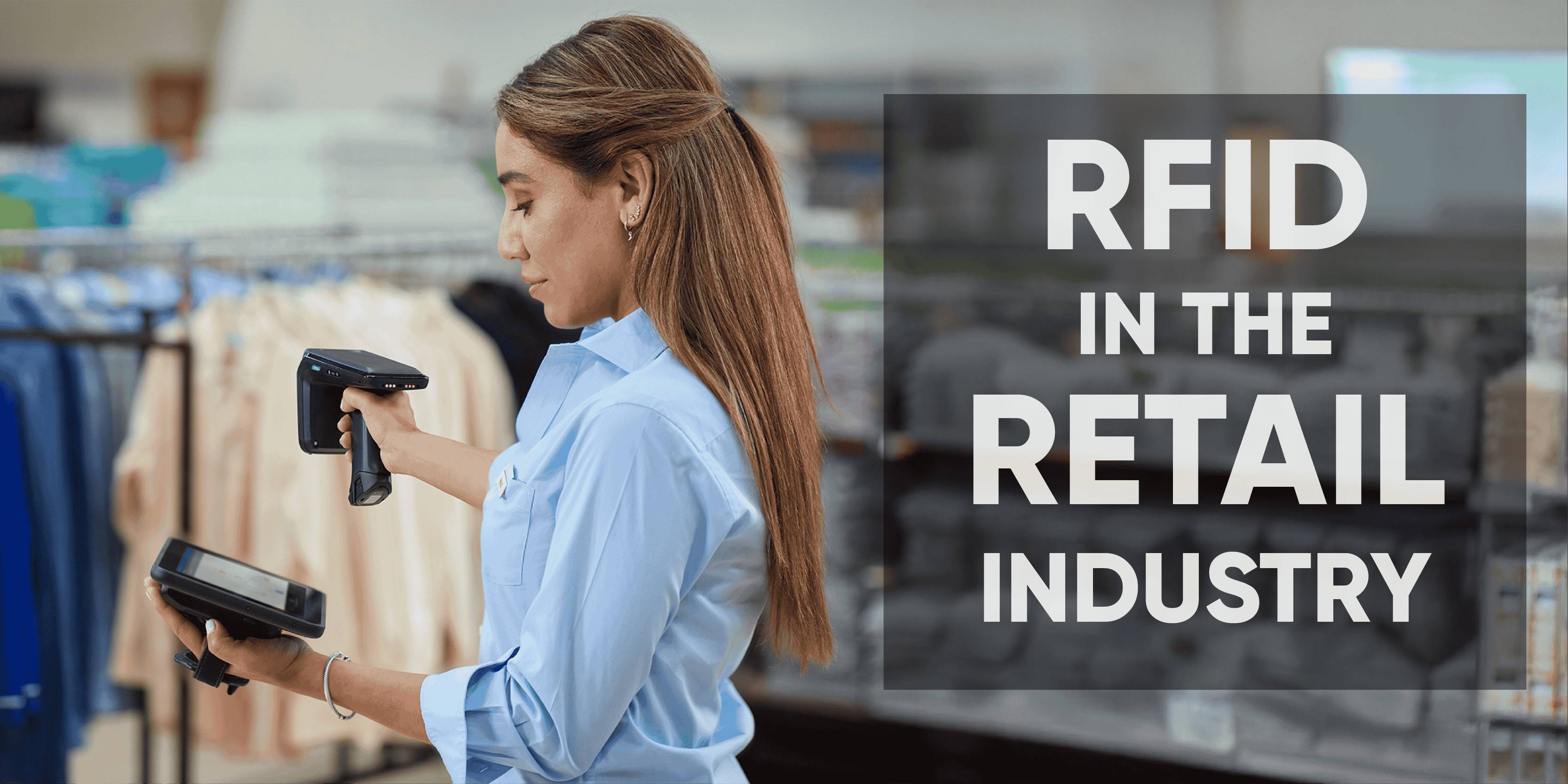
Case Study: Retail Leaders Deploy RFID
Decathlon
All items in Decathlon stores are tagged at the supplier, enabling instant inventory and self-service checkout. Results include:
- 86% reduction in cycle counting labor
- Up to 20% reduction in shrinkage
- 99.5% increase in shelf utilization
Decathlon's end-to-end RFID platform has become an industry best practice.
RFID in Retail: The Future of Retail
RFID and the Internet of Things
RFID is increasingly integrated with IoT sensors, beacons, and cloud platforms. Real-time tracking capabilities extend to environmental factors, enabling automated management of perishable goods. RFID-equipped smart shelves can trigger back-end restocking, display digital promotions, or alert staff to inventory anomalies.
Blockchain and Traceability
The combination of RFID and blockchain provides immutable, end-to-end traceability. Retailers can track products from origin to sale, ensuring their authenticity. The luxury goods industry is using RFID-based blockchain ledgers to combat counterfeiting.
Sustainability and Waste Reduction
RFID data enables granular management of inventory lifecycles. Expired or unsold items can trigger price reductions or donations, significantly reducing food and fashion waste.
Advanced Analytics and Artificial Intelligence
Continuous RFID data feeds power machine learning models for predictive inventory, demand forecasting, and shopping behavior analysis. AI-driven dashboards provide merchants and store managers with intelligent recommendations, further improving efficiency.
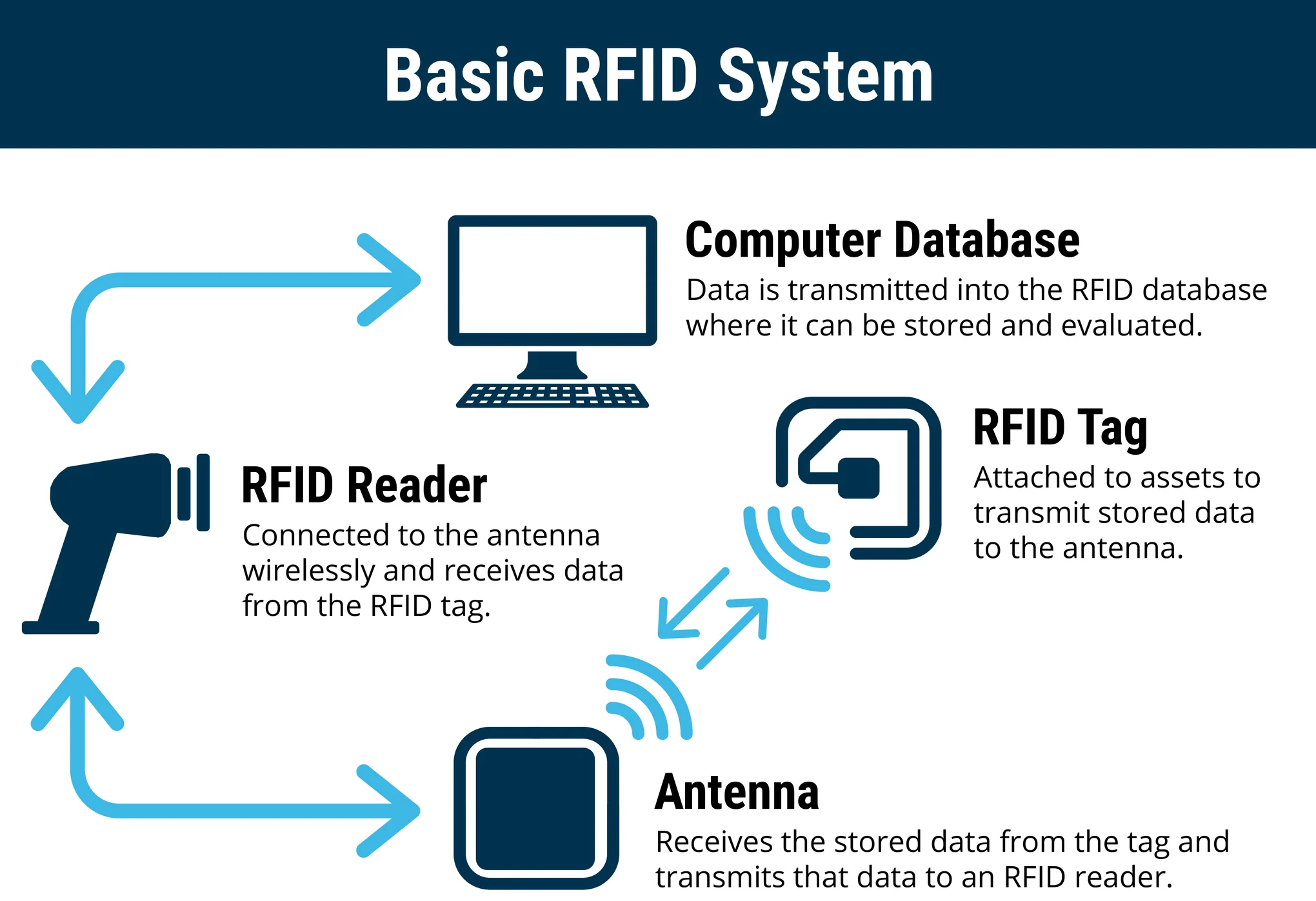
Conclusion
RFID technology has revolutionized the retail landscape, enabling unparalleled visibility, efficiency, and customer service. From multinational corporations to niche boutiques, RFID offers a significant competitive advantage. Its seamless integration with the Internet of Things, artificial intelligence, and analytics promises even greater transformation in the future. Retail executives preparing to adopt RFID must carefully plan, execute, and innovate to fully capitalize on the available benefits. As ongoing case studies and technological advancements demonstrate, RFID is no longer just a nice-to-have—it's essential for retailers seeking resilience, agility, and growth in the data-driven era.











